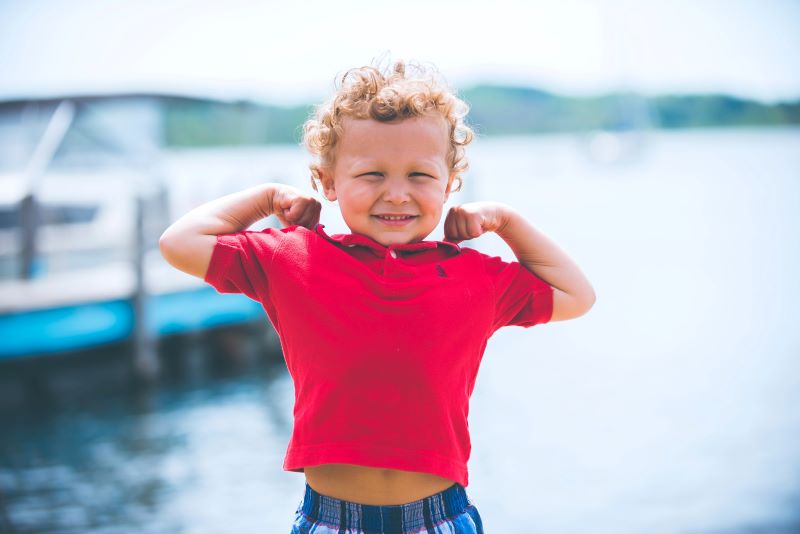Week 4: Help kids get ready to be safe!

September is officially designated by the US government to promote family planning in case of emergencies. As we continue to fight COVID-19, involving the family in preparing for an emergency can reduce fear and anxiety that comes with unexpected events. It may also save lives.
This week is the last of our four-part series that can help you plan and respond to emergencies in your home and community.
Talk Through the Plan
When preparing for an emergency, kids must know what they should do. A younger child should know about simple actions like finding an adult or how to call 911. Middle school children are ready for a franker conversation about how to stay alert and escape safely. High school-age children are more prepared to take action and help others if needed.
For children that struggle with uncertainty, having a plan will increase their confidence and give them a sense of control. Review your plan as a family and practice! Here are some games and exercises to help you make preparation more fun!
Know Who to Call and What to Say
Your child should learn how and why to call 911 around age 4. They should understand when it is ok to call 911 and that it is not a game. Children should also know to answer the operator’s questions quickly and not hang up until they are told to do so. Last, teach your child about emergency workers like police, firefighters, and paramedics. These professionals may look scary in their emergency gear at night, so your child should understand that they should not run or hide.
Build a Kit
We discussed planning and building a safety kit here. Make sure that kids know where the kit is located and what it is inside. Here is a cute game to help kids build a checklist! While they play, you can discuss why each item is essential.
Practice
The family can easily practice what to do in a fire, tornado, or loss of electricity. Practice your plan at least twice a year so that children will remember. Practice leaving the house for fires, meeting at designated locations, making phone calls, or even driving an evacuation route. Do tell the kids that a practice session is coming
Emotions will run high in a disaster, and when children see their parents panic, they will panic. If children have been exposed to the processes involved in an emergency, they (and you) are more likely to stay calm.
Consider timing practice drills or giving the family a treat for successful practice sessions!
